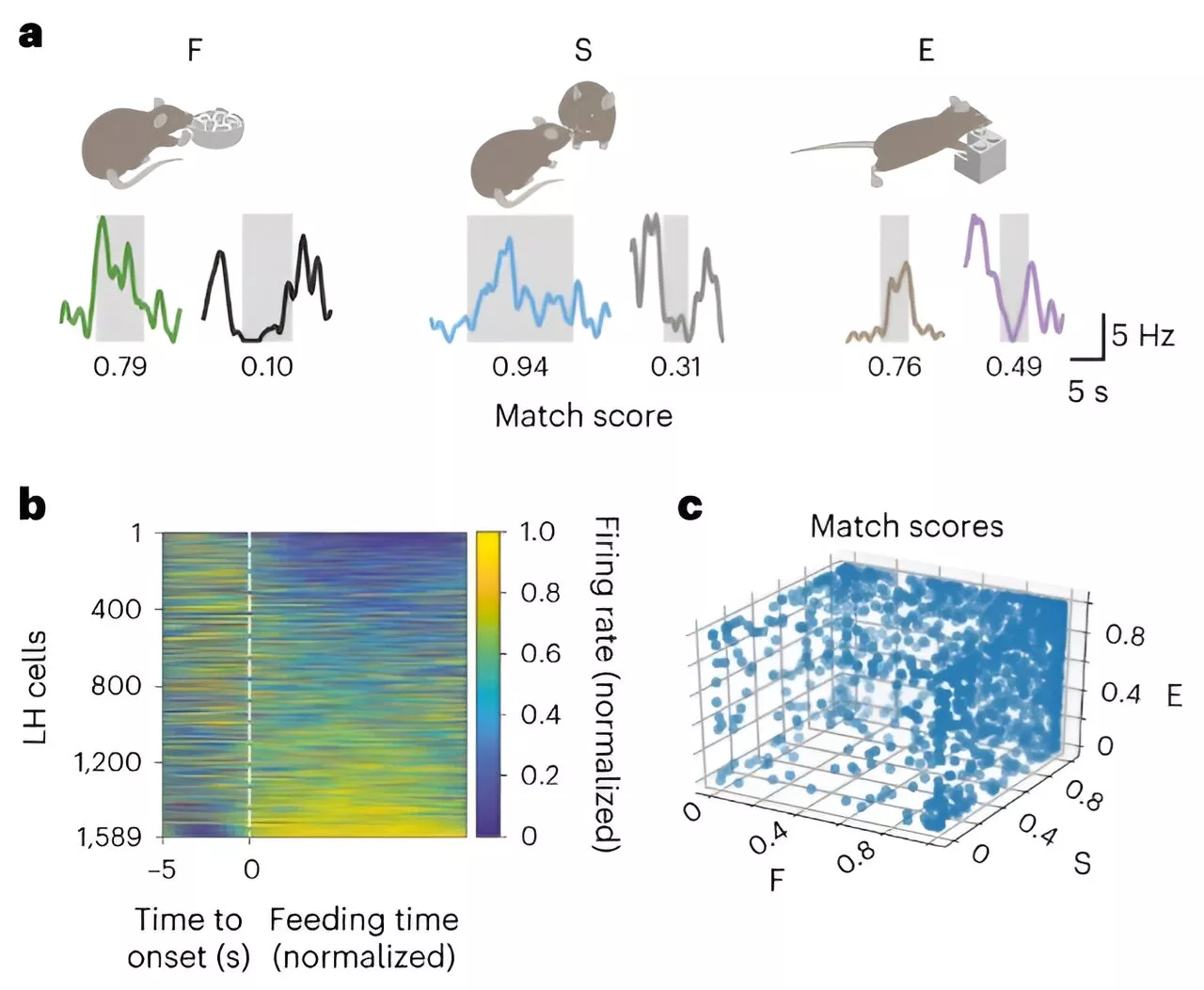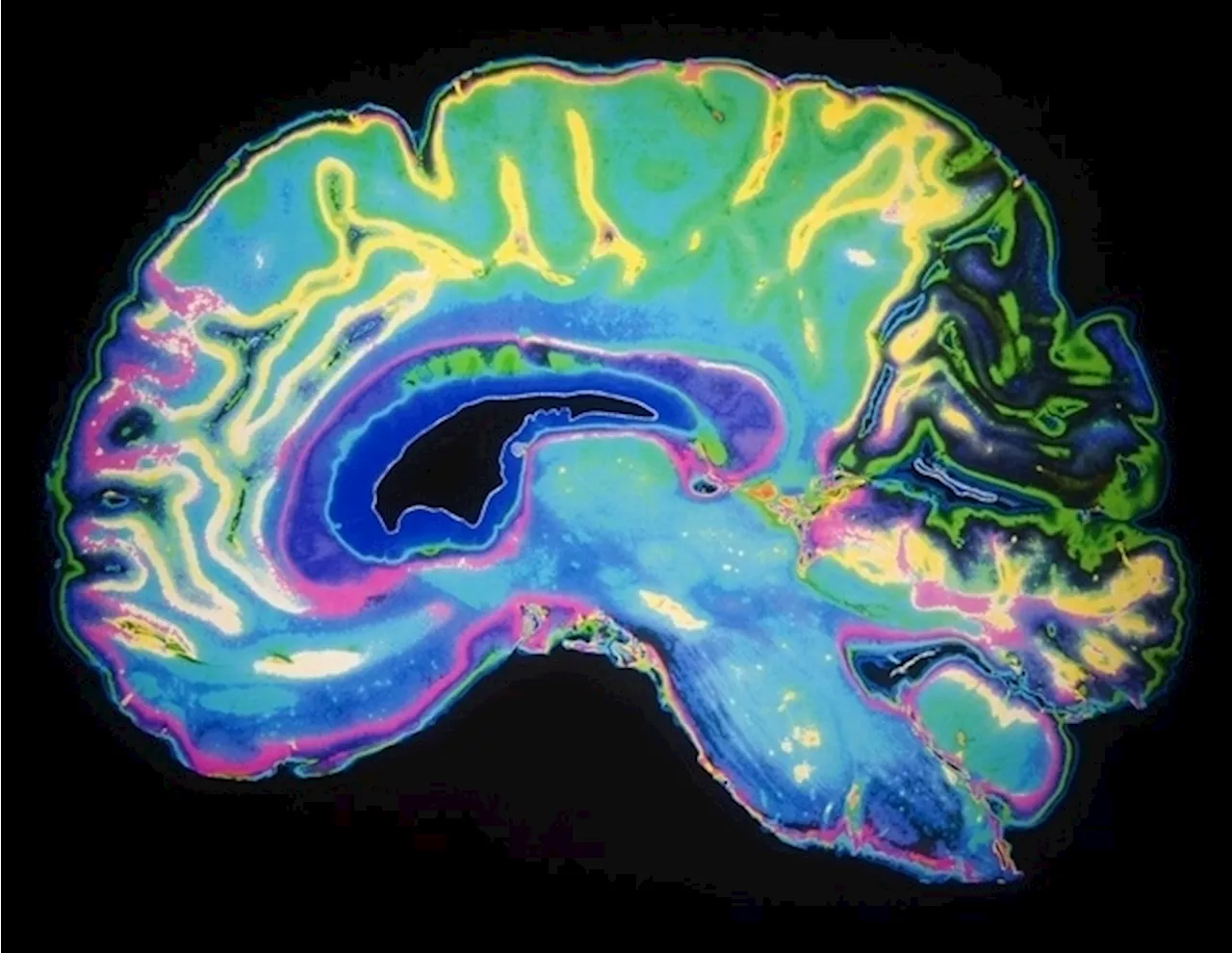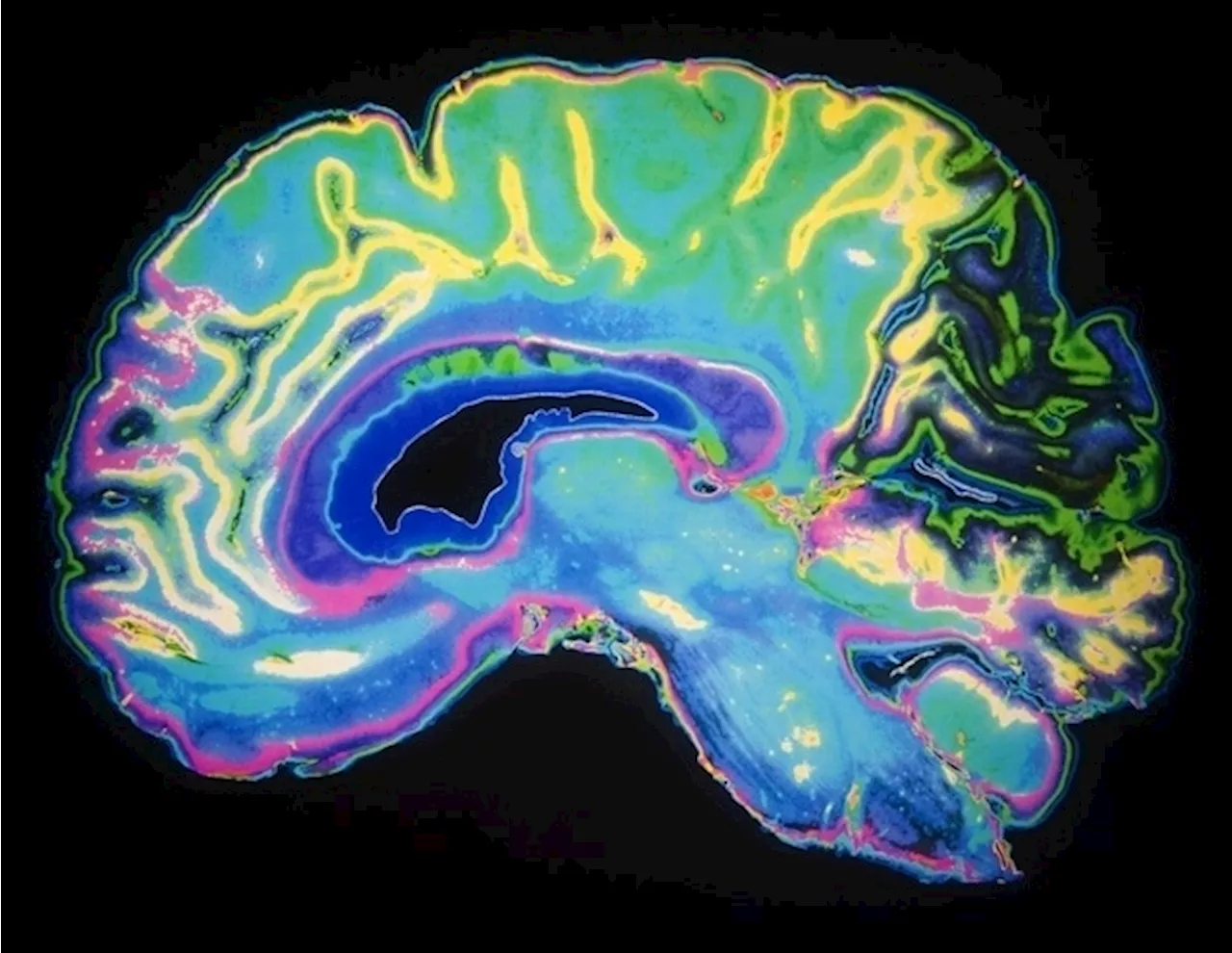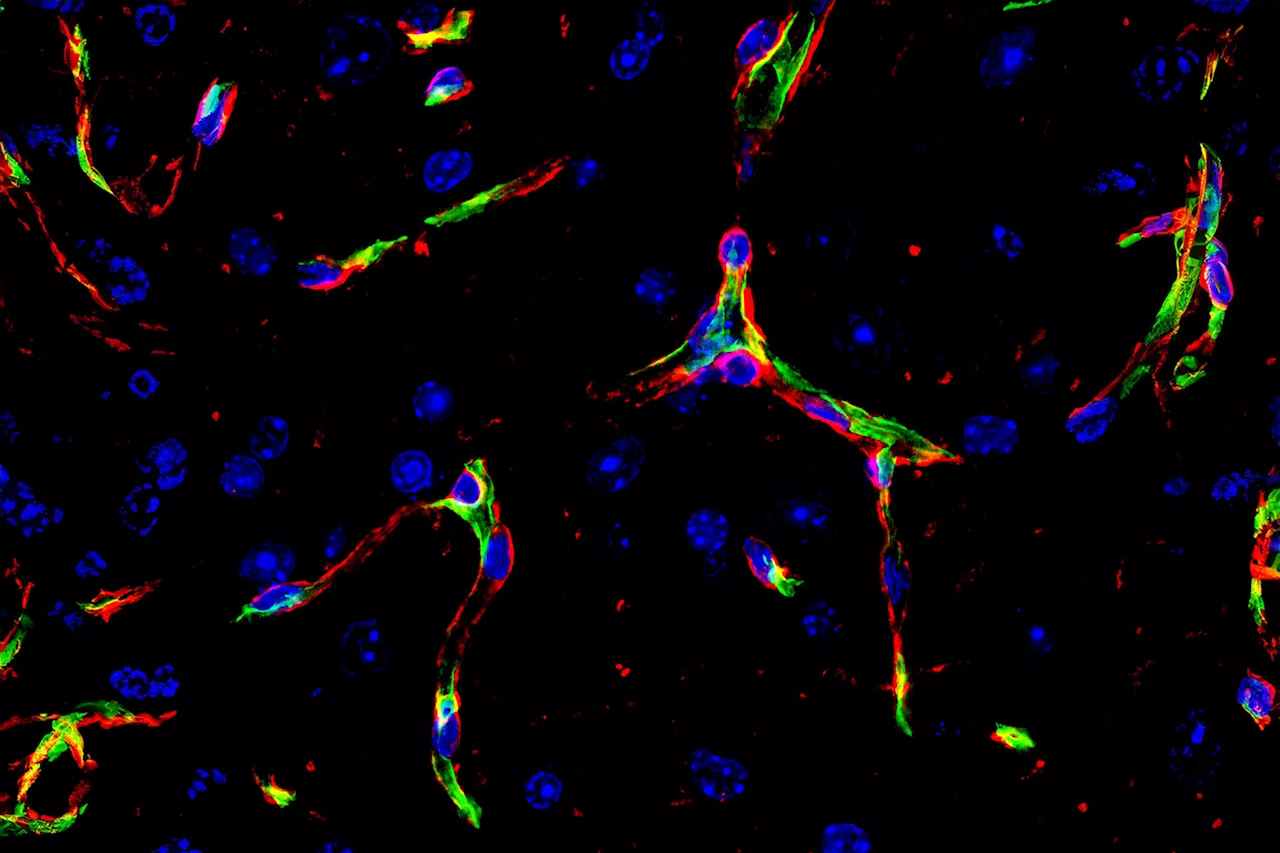Brain organoids, though often referred to as 'mini brains,' are not truly human brains. But the concerns over these lab-grown brain tissues, especially when they are developed from human fetal tissues, can be very human indeed.
Exploring ethical and legal ramifications of growing brain organoids from human fetal brain tissue retrieved 9 April 2024 from https://medicalxpress.com/news/2024-04-exploring-ethical-legal-ramifications-brain.html
This document is subject to copyright. Apart from any fair dealing for the purpose of private study or research, no part may be reproduced without the written permission. The content is provided for information purposes only.Apr 8, 2024Pig hearts kept alive outside the body for more than 24 hours offers hope for many humans needing a transplant
Use this form if you have come across a typo, inaccuracy or would like to send an edit request for the content on this page. For general inquiries, please use ourThank you for taking time to provide your feedback to the editors. Your feedback is important to us. However, we do not guarantee individual replies due to the high volume of messages.to let the recipient know who sent the email. Neither your address nor the recipient's address will be used for any other purpose. The information you enter will appear in your e-mail message and is not retained by Medical Xpress in any form.Get weekly and/or daily updates delivered to your inbox.
Medicine Research Health Research News Health Research Health Science Medicine Science
Australia Latest News, Australia Headlines
Similar News:You can also read news stories similar to this one that we have collected from other news sources.
 Eating, socializing or exploring: How the brain switches between different behaviorsHow does our brain switch between different behaviors? A new study has now provided the first answers to this key question in neuroscience. Using mice, the researchers investigated electrical activity in a certain area within the brain. Results were then analyzed with the help of an adaptive computer algorithm.
Eating, socializing or exploring: How the brain switches between different behaviorsHow does our brain switch between different behaviors? A new study has now provided the first answers to this key question in neuroscience. Using mice, the researchers investigated electrical activity in a certain area within the brain. Results were then analyzed with the help of an adaptive computer algorithm.
Read more »
 Non-invasive brain stimulation can change specific brain mechanism linked to human behaviorFor the first time, researchers at the University of Minnesota Twin Cities showed that non-invasive brain stimulation can change a specific brain mechanism that is directly related to human behavior.
Non-invasive brain stimulation can change specific brain mechanism linked to human behaviorFor the first time, researchers at the University of Minnesota Twin Cities showed that non-invasive brain stimulation can change a specific brain mechanism that is directly related to human behavior.
Read more »
 Study reveals novel brain recovery mechanism after traumatic brain injuryA team of Medical University of South Carolina researchers, led by Onder Albayram, Ph.D., reports in PNAS Nexus that they have discovered a novel protective response by which the brain naturally repairs itself after traumatic brain injury.
Study reveals novel brain recovery mechanism after traumatic brain injuryA team of Medical University of South Carolina researchers, led by Onder Albayram, Ph.D., reports in PNAS Nexus that they have discovered a novel protective response by which the brain naturally repairs itself after traumatic brain injury.
Read more »
 Research offers hope for preventing post-COVID 'brain fog' by targeting brain's blood vesselsAmong the many confounding symptoms in patients recovering from a COVID-19 infection are memory loss and difficulty learning. Yet little is known about the mechanisms of cognitive impairments like these, commonly called brain fog.
Research offers hope for preventing post-COVID 'brain fog' by targeting brain's blood vesselsAmong the many confounding symptoms in patients recovering from a COVID-19 infection are memory loss and difficulty learning. Yet little is known about the mechanisms of cognitive impairments like these, commonly called brain fog.
Read more »
 Protect your brain’s ‘weak spots’ to fight dementia – 12 steps to prevent brain-eating disease...Sun Health Explainer: Dementia and Alzheimer’s disease
Protect your brain’s ‘weak spots’ to fight dementia – 12 steps to prevent brain-eating disease...Sun Health Explainer: Dementia and Alzheimer’s disease
Read more »
 Mum, 39, left devastated as true cause of ‘deja vu’ and ‘out of body experiences’ is found...Brain Tumour facts- 10 things you should know about brain tumours
Mum, 39, left devastated as true cause of ‘deja vu’ and ‘out of body experiences’ is found...Brain Tumour facts- 10 things you should know about brain tumours
Read more »
